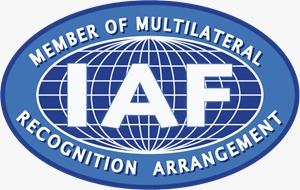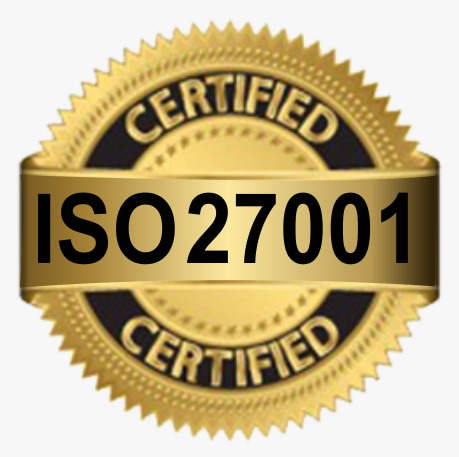Definition of ‘Investment Risk’
Definition: Investment risk is defined as the chance or likelihood of losses occurring in relation to the projected return on a certain investment.
Description: Simply put, it measures the degree of risk associated with attaining the investor’s expected returns. It refers to the extent to which unexpected outcomes will be realized.
Investment Risk Insurance
There is a danger whenever there is an investment. The spectrum of danger, on the other hand, might be rather wide. Risky investments can be highly appealing since they often promise bigger profits. Emerging markets tend to have some of the most appealing, as well as riskiest, assets. If you decide to invest in these markets, investment risk insurance could be a good idea.
Purpose
There is no assurance that investments in developing economies will provide the high profits predicted. In truth, many things can go wrong, and you may lose your money. Weak institutions, ethnic or tribal divides, and severely uneven income and wealth distribution can all influence the political and economic climate’s stability and predictability.
Risk From Violence
The violence poses a significant threat in emerging markets, ranging from insurgencies and uprisings to guerrilla warfare and civil war, as well as terrorism and criminal acts aimed at overthrowing governments. The governments of impacted countries may not be able to protect foreign assets in certain circumstances. Investment risk insurance can protect you against asset loss and income loss due to violent activities.
Economic Risk
In developing markets, economic management may be inept or politically motivated. Countries that are not economically stable might often find themselves in difficulties through no fault of their own. Governments could take on too much foreign currency debt, or the value of their major commodity exports might plummet, rendering the loan unsustainable. When faced with deteriorating financial conditions, governments may take steps such as making the local currency non-convertible, imposing capital restrictions, or delaying the authorization of hard currency purchases indefinitely.
Political Risk
Regimes may feel compelled or motivated to seize, in part or in whole, investors’ assets. They might be reacting to hysteria, mainstream influences, or opposing groups. It’s also possible they’re new to power and believe that acquiring foreign-owned businesses will better suit the country’s interests. Resource nationalism is a regular occurrence, especially in an environment where commodity prices are generally growing. The consequence may be open nationalization or a more subtle form of revenue confiscation, such as unnecessarily high taxes or forced contract renegotiation. These are the types of hazards that investment risk insurance protects against.







Leave A Comment